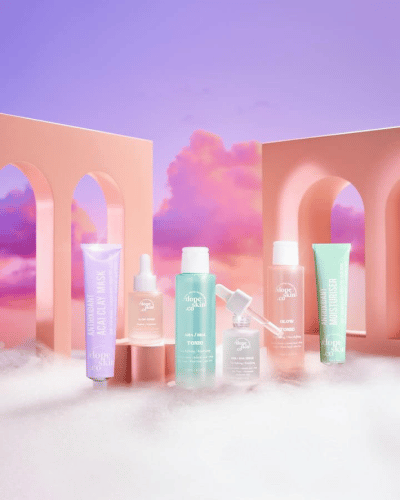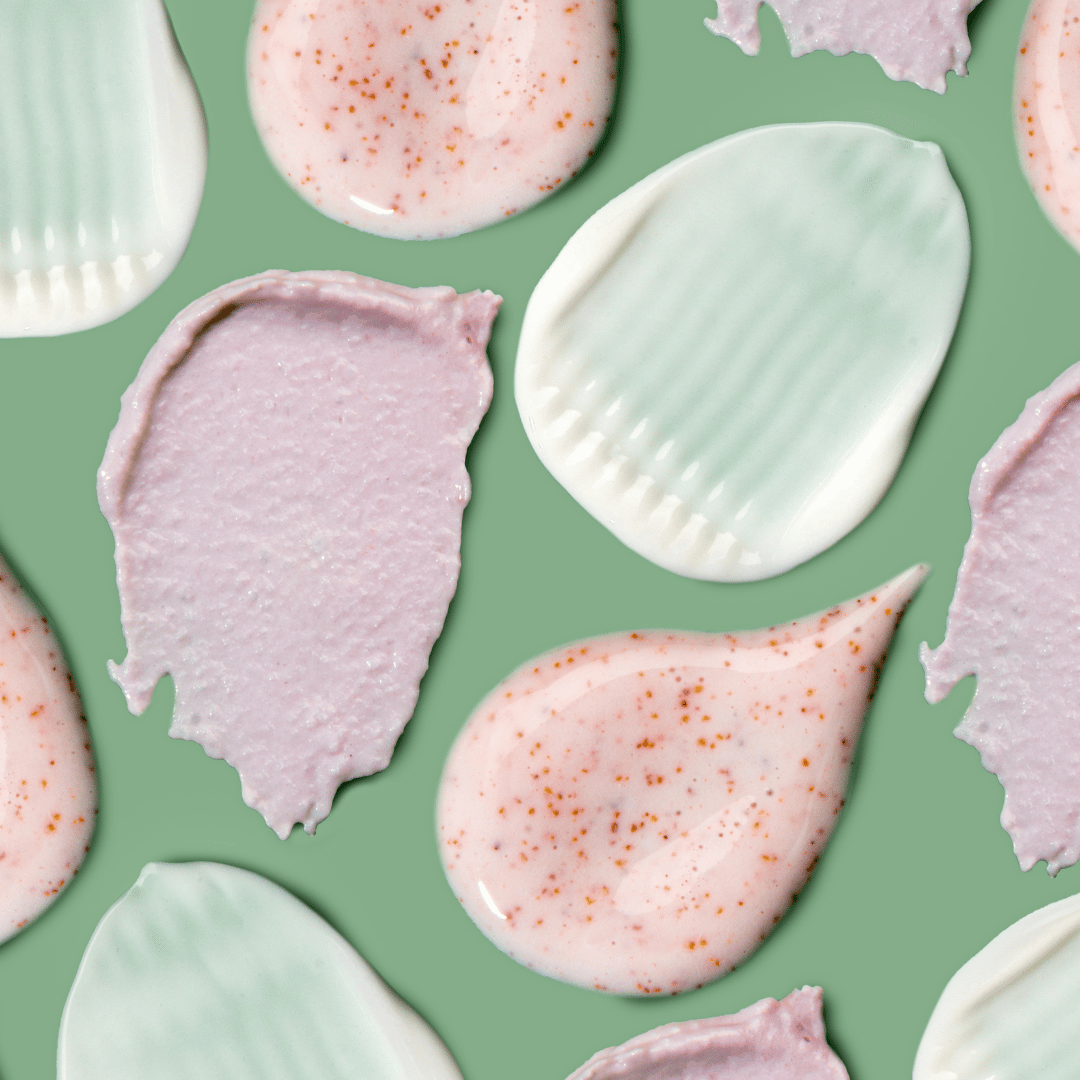Charcoal
Charcoal
Turns out, charcoal isn’t just for the barbecue. In fact, at this point, it’s made its way into almost every personal care regimen and spa menu. From charcoal masks and cleansers to soaps, scrubs, deodorant, and even toothpaste, charcoal is one skincare trend that doesn’t appear to be going anywhere. As such, we figure it’s time to do a deep dive into what charcoal is in the skincare world and what it can offer our skin.
What is Charcoal?
For anyone familiar with charcoal, you’ll know that it’s a sooty, chalk-like substance, usually black in colour. It’s a lightweight residue that is produced when carbon-based materials are heated slowly, removing the water they contain. For example, when wood is burned it will eventually turn to charcoal (even coconut shells and sugar can be heated to make charcoal). However, not all charcoal is created equal. On skincare product labels, you’ll often see the term “activated charcoal.” Activated charcoal is most commonly used in skincare and what it means is that the charcoal has been treated with gases or other chemicals to create a larger surface area for absorption. This translates to an ingredient that can open up and remove your pores of unwanted dirt. In short, activated charcoal is excellent at removing substances it comes into contact with, which is why it’s known as a detoxifying ingredient.
What are the Benefits of Charcoal?
How to Use Charcoal
Charcoal is completely safe for topical use, so now’s the time to invest in a product containing the carbon-based residue. As mentioned, face masks are one of the most popular charcoal-infused skincare products. If you're using charcoal to fight acne, ideally look for a product that contains other acne-fighting ingredients too, like salicylic acid, kaolin, or fruit extracts. Other options include charcoal cleansers and bar soap.



